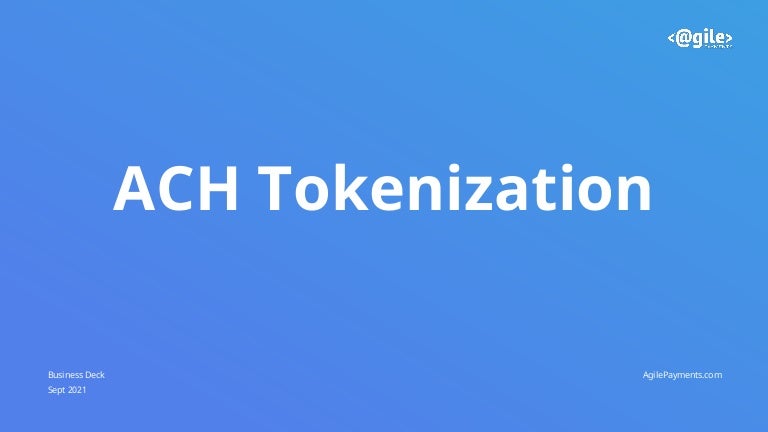
While ACH payment transactions have not traditionally been subject to the same security mandates that credit cards have, everything’s changing. NACHA has mandated that security measures now must be put in place to protect sensitive data in ACH payment transactions, with an effective date of June 30, 2022, for originators and parties with volumes greater than 2,000,000 transactions.
As such, getting your business up to speed with an ACH Tokenization Solution is crucial, to ensure that you’re meeting best practices and giving your customers the security they need to trust you. We’ll talk you through why in this article.
Why Do We Need An ACH Tokenization Solution?
The mandate from NACHA (which has been extended due to COVID) means that the standard ACH data points (bank account number and routing number) for transitions must now be replaced with a token for reference. The routing number, in particular, acts as an …